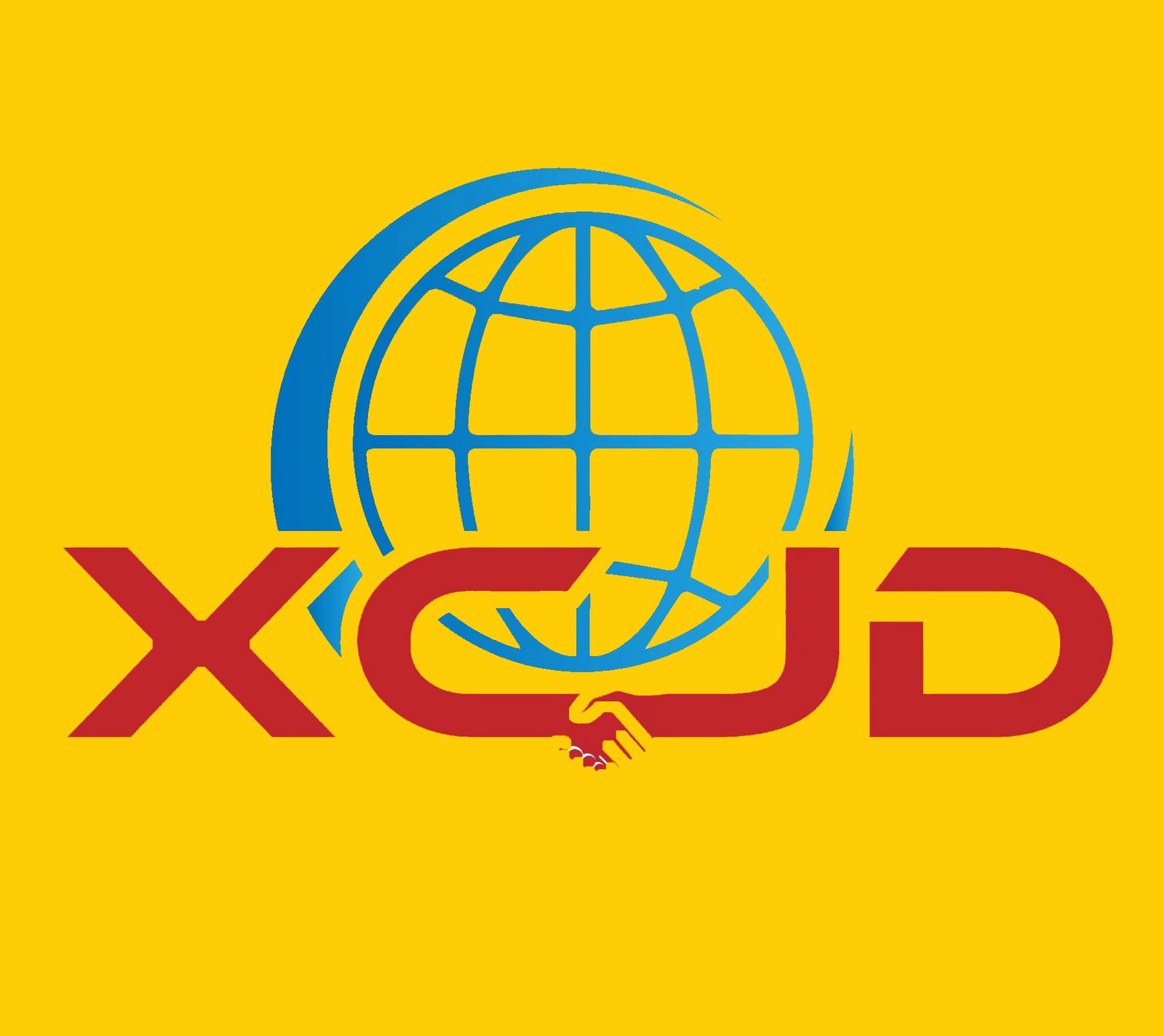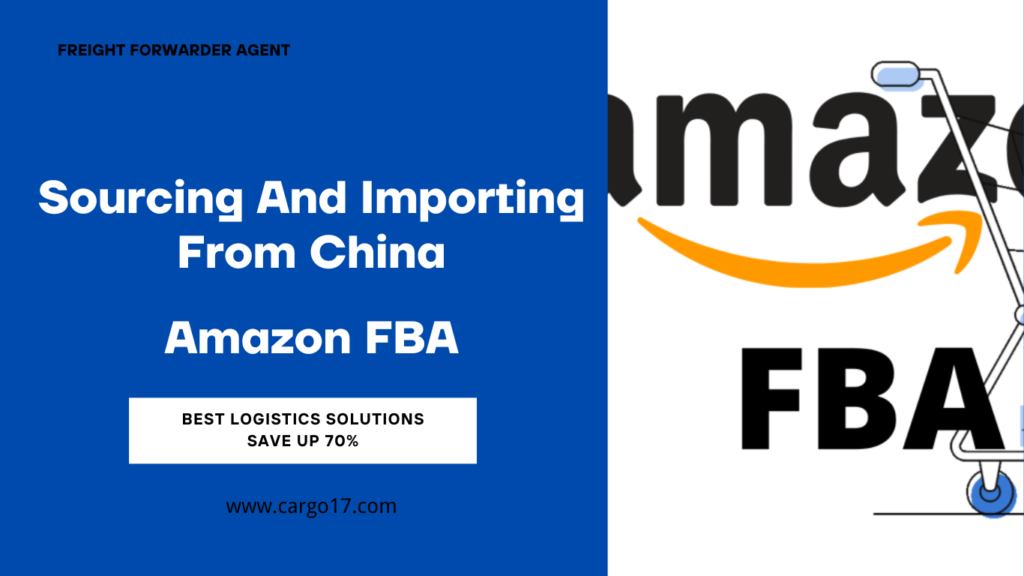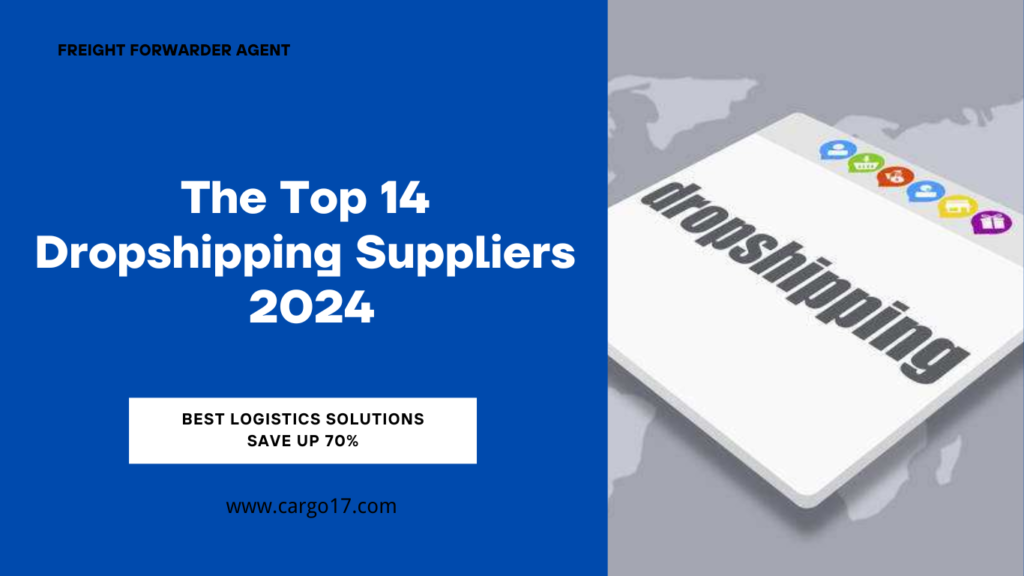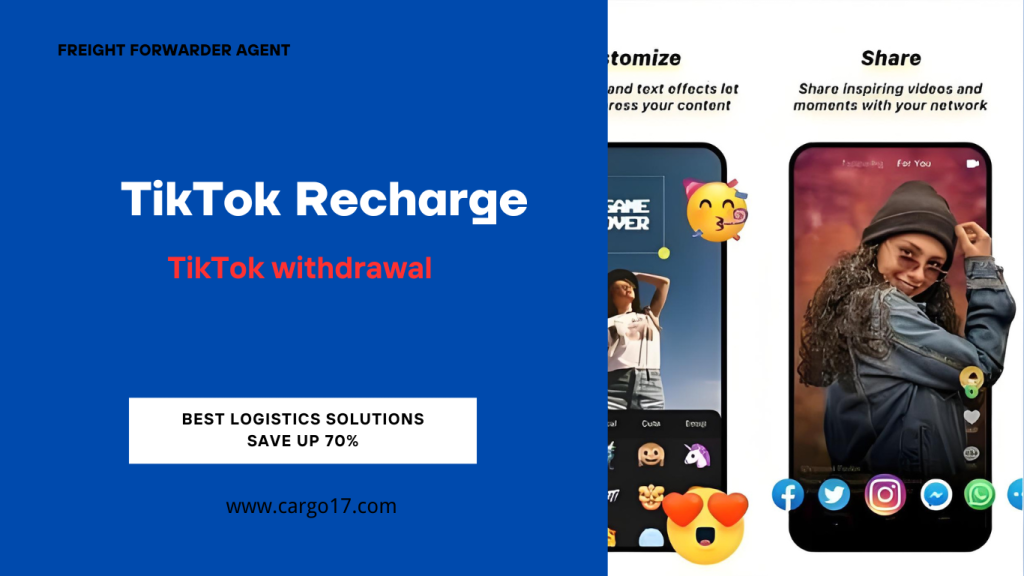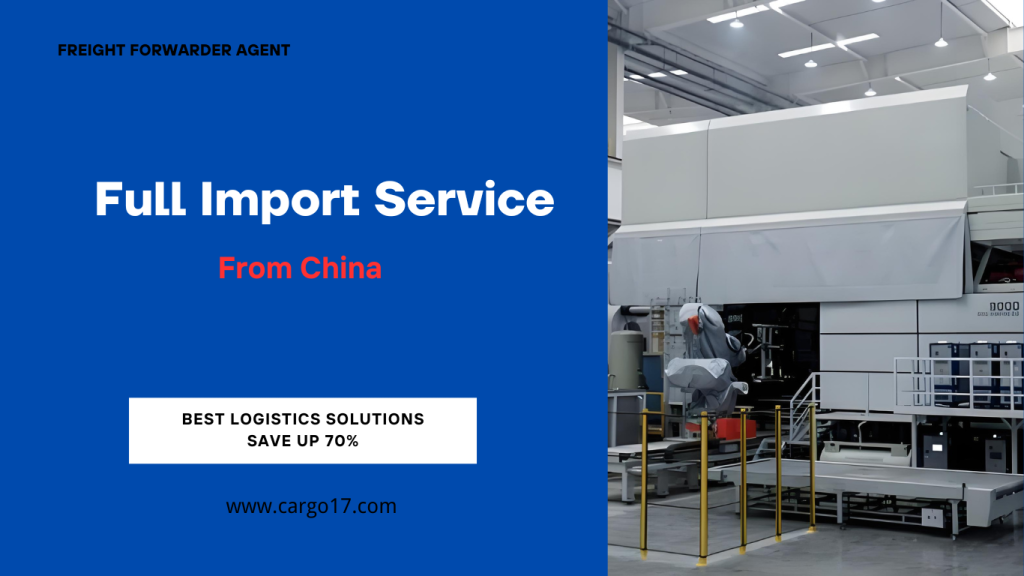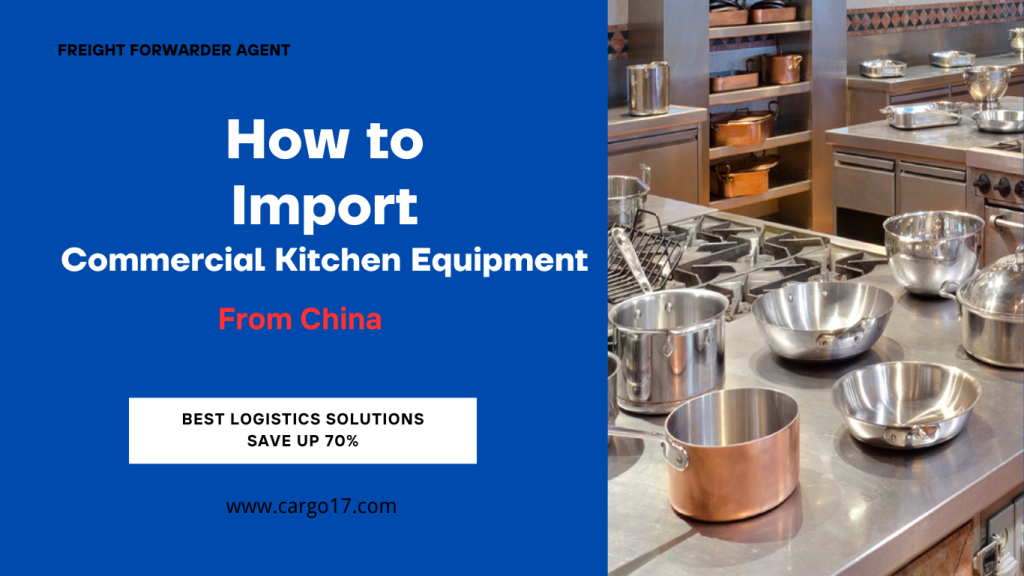How To Import From China To South Africa 2024
The biggest market for pretty much anything you can find today is China. Therefore, it makes sense that for pretty much any merchandise, particularly when importing in large quantities, China is the go-to option. Yet, the import process can be confusing and difficult, so many people wonder: How is it done?
How To Import From China To South Africa 2024
What Can You Import From China To South Africa
The whole thing starts here. People won’t make use of importation and its many benefits if they don’t first know what can be imported.
The answer is Almost anything. Almost.
The list of items that can be imported is long and only restricted by local laws. The list of restricted imports is quite short and is mostly made up of things that make sense. Essentially, refrain from importing weaponry, drugs, toxic substances, or counterfeit items and you should be good.
Now, what is it you might want to import that is produced in China 2024?
Importing Electronics From China To South Africa 2024
Importantly, when importing electronics from China to South Africa, be sure to have them certified if they produce any form of electromagnetic interference. A failure to do so might lead to confiscation by customs.
Importing Hair From China To South Africa
The booming market in hair imports is not limited to South Africa as this is a global phenomenon. However, in terms of the range of products, there seems to be a market for everyone-both the cheap and the expensive product range.
Importing Building Materials From China To South Africa
As a growing economy, there is a market for building materials in South Africa. Doors, roofing sheets, tiles, and blinds, are just a few of the commonly sought -after products here.
Importing Solar Panels From China To South Africa
Until recently, the market for alternative energy was not booming in South Africa. However, with the energy crisis, many people are looking for solar panels as a dependable energy source. So, there is a growing market for solar panels in South Africa.
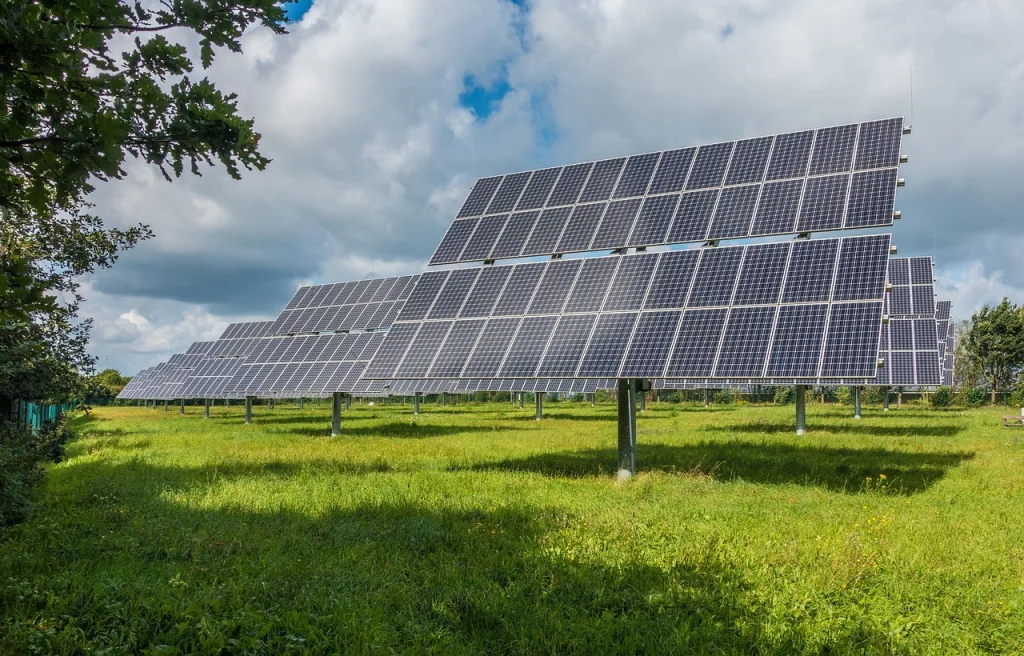
Importing Bags From China To South Africa
Bags come in different shapes and sizes. A visit to the malls will convince you that there is a market here for people importing bags from China to South Africa. From tote bags for beachcombers to designer bags for ladies, millions of Rands are up for grabs in this market.
Importing Cosmetics From China To South Africa
Across Africa, the demand for cosmetics is rising due to the huge youth generation. With so many youths, cosmetics can be attractive with diverse products in hair growth to skin lightening drawing huge applause.

Importing Jewellery From China To South Africa
The market for jewellery in South Africa is abuzz with activities. Simple and cheap jewellery, as well as costly and expensive pieces, are finding their way into the market. Patronage is growing and you cannot make a mistake bringing these in commercial quantities.
Importing Wedding Dresses From China To South Africa
Weddings are big in South Africa and with the growth of churches, white weddings are also commonplace. This provides room for wedding dresses to be a big business. There is a ready market to explore when importing wedding dresses from China to South Africa.
Importing Machinery From China To South Africa
South Africa has a manufacturing base that calls for supplies of production machines and equipment. In this regard, there is a demand for cost-efficient and competitive products that can be imported from China.
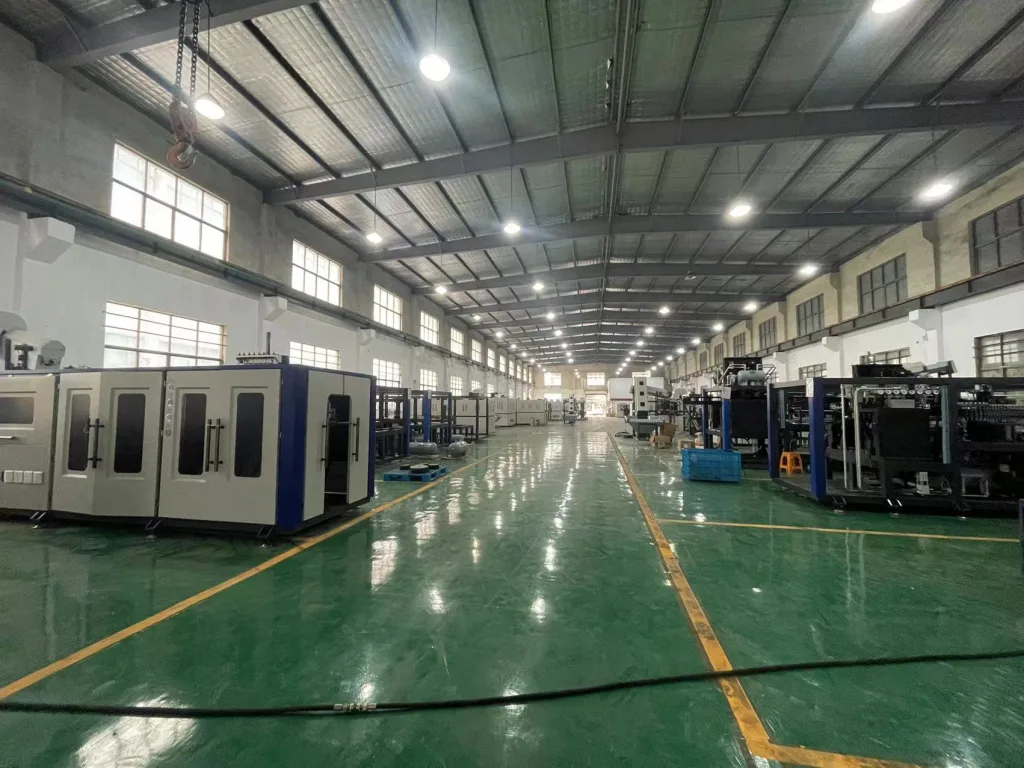
Importing Tyres From China To South Africa
With a bustling vehicle manufacturing background, low-cost tyres have a ready market in South Africa. This is an avenue to bring in Chinese imports to service existing vehicles and the new ones rolled out from the assembly plants.
Importing Auto Parts From China To South Africa
Auto parts business is one that commands a lot of attention across Africa. With an increasing population base, dynamic youths and rising productivity, the number of cars on the road are increasing. A steady supply of spares is needed to keep them going.
Importing Toys From China To South Africa
Toys have a place in the South African market and there is no doubt about this. From the ToysRUS shops to the bustling malls strewn across the country, several toy outlets are springing up with a noticeable regularity.
Importing Furniture From China To South Africa
The fact that most people need a bargain makes it a deal to import furniture from China to South Africa. Houses continue to spring up across the country in housing complexes and estates of all kinds. They provide a ready market for imported furniture.

Importing Clothing From China To South Africa
Importing shoes from China to South Africa follows the same process as clothing. Women’s dresses as well as men’s clothing rate high here. Same goes from kiddies’ wears. People love to look smart and that is why a huge market for shoes and clothing is profitable to explore.
How To Find Reliable Manufacturing Companies For Importing From China To South Africa
The logical steps when looking for the manufacturer is likely to be:
- Free Online Retailers and Wholesalers Marketplace like Alibaba.com
- Social Media Networks – LinkedIn and Facebook Groups
- Online Search Engine like Google and Bing.
These options are good, but you might not end up with the best provider you are looking for since most Chinese manufacturers are not into strategic marketing. So, that leaves you with these other options:
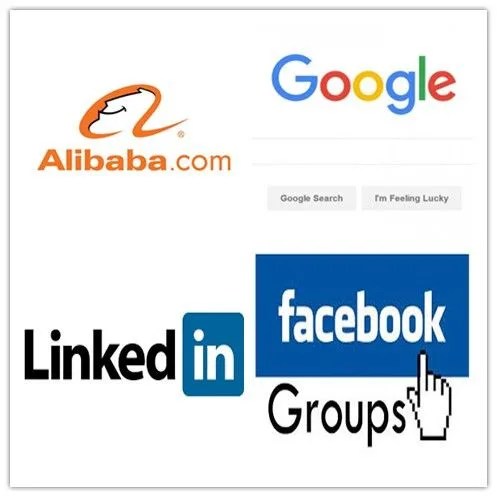
- Referrals

- Local Industry Trade Association or Chamber of Commerce
Trade Fair
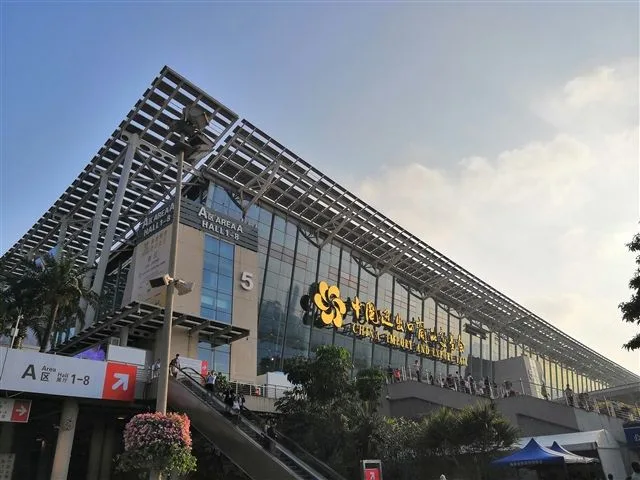
Sourcing Agent
It is expected that attending a trade fair will help you see the products you are looking for first-hand. Also, if a friend or acquaintance lets you in on a supplier or manufacturer, you could be in for a good deal. Again, another option can be to use a Chamber of Commerce or Local Guild so that you can be sure you are dealing with a reputable source.
Using these four options could open the door to a reputable manufacturer and lead you to the start of a trustworthy relationship that will be a win-win for everyone. How do you think that any of these will work out for you?
These are all possibilities you can explore when importing from China to South Africa. But, have you thought that you could have language barriers? If this becomes an impediment, then you could end up with problems of miscommunication or having to incur additional cost to get an interpreter that doesn’t know much about your industry of focus.
With respect to sourcing agents, they understand the local Chinese norms and language, which can help you with better deals and efficient communication.
What Else Should I Look For In A Supplier?
Besides what’s listed above, there are a few things that can tip you on whether a supplier is reliable. Some of them are:
- The profile you see for a supplier might be far from genuine even if it is listed on Alibaba. So, it is advisable to at the least, place a call and make contact. Just looking at online pictures and images alone as a basis to decide is certainly fraught with loopholes. Where possible, even a visit to manufactures or suppliers is better.
- The supplier should sell consistent items. If you can’t place large bulk orders or the supplier’s catalogue is all over the place (for example, the supplier sells electronic spare parts, sports sweaters, and… truck tires) the supplier is likely offloading merchandise rather than producing it. Since you’re not dealing with the manufacturer, you might not be able to hold it to account for quality issues – or you might even find the same item twice in its catalogue.
- The approach in China is such that industry clusters are what obtains. In this regard, confirm the industry cluster and address. So, by reviewing the address provided, it is easier to tell if such is a manufacturer or just a trading company.
How To Ship Products From China To South Africa
| First point: Delivery time |
Some goods can spend weeks, or months inside a freight container without anyone worrying about them. Other goods can’t.
The truth about your shipping method is, you must choose it based on what you are importing. If you have a freight container full of jeans, you probably won’t mind them taking a month or two to arrive. It’s not like they’ll go out of fashion.
On the other hand, if you’re buying Christmas decorations to sell and its already mid-October, you might want to hurry up. Just as well, if your goods expire – for example, if you’re importing food or medicines – you’ll want the faster option.
Other details will also matter. Even if your merchandise doesn’t expire, there are things you won’t want to have in containers for too long. For example, a shipment of chocolates is more likely to melt the longer you let it sit in enroute, particularly if ordering during summer.
You should make haste and choose your delivery method. This should be governed by the time it will take to get to you. Consider your merchandise’s specifics and make your decision.
| Second point: Available delivery methods |
While speed is the most important thing, it’s not everything. Certain things can’t be sent by air. Particularly bulky or extremely heavy things usually can’t be sent via air mail. Others can be shipped by air but are extremely expensive.
Just as before, details are what will make this choice possible. Machinery, for example, is usually shipped by sea. This because machinery tends to use pieces that are both large and heavy, thus making shipment by airplane extremely difficult. On the other hand, medications are often shipped by plane, since the faster delivery times allow you to be sure they won’t degenerate.
Other details of your merchandise will matter. Certain types of merchandise might require specific packaging, and this might only be available for some shipping methods. Also, some types of merchandise might not do well when ocean-freighted due to the heat and might require refrigerated containers if mailed that way – which comes at a cost.
Lastly, not all merchandise can be shipped in every possible way. Spray or aerosol cans, for example, usually are limited, if not outright forbidden, for air shipping. Anything that might explode under pressure changes, in fact, might be restricted from airplane shipping.
Usually, you can send almost anything by ship, although not everything might be advisable. Air mail, however, tends to be more expensive and carry many more restrictions as to quantity and eligibility.
| Third point: Cost |
As mentioned before, airmail will generally be a lot more expensive than sea mail. However, that doesn’t necessarily mean you should choose sea freights whenever possible.
Depending on your merchandise, its cost, and your customers, air mail might make more sense even with the higher cost. For example, if you’re receiving a shipment of small, light pieces – let’s say, electronic spare parts – the amount that can fit in a box or container could be enough that the price increase for your customers might be minimal.
Even in cases where the hike in prices might be noticeable, you might be able to get away with air shipment. If shipping luxury goods, for example, your customers might be able to absorb the extra cost. In exchange, the shorter delivery times will allow you to ensure you’re permanently stocked since a restock will always take but a few days to arrive.
| Fourth point: Other incoterms |
Incoterms is the name given to the terms under which your shipment is handled. It includes things like costs and delivery time that we have already mentioned, but there are other terms that are important. For example, incoterms will include where the shipment is to be picked up, where it will be delivered, and what the freight company’s obligations will be.
Commonly, incoterms also establish who’s in charge of the import/export process with the government. As mentioned before, certain companies might offer to take care of it at a cost, usually for non-restricted goods. In other cases, the freight company’s obligations will end as soon as the goods have landed in the established port, with all customs and import duties falling to you or your customs agent.
There are many types of incoterms, and they’re considered legally binding internationally. As such, it’s important for you to understand what each of them means.
Import Tax/Duty From China To South Africa & Custom Clearance
One of the things people worry the most about, and one of the steps in the import process that most people find the most difficult to understand, is customs and taxes. This is understandable as customs offices tend to have hundreds of different ratings and taking all of them into consideration can be more than a handful.
However, you don’t really need to know ALL the rules and regulations. Just knowing what applies to your imports is enough – just as knowing how much you should expect to pay for customs and taxes.
The easy way around this is hiring a customs agent. Customs agents are experienced with the whole process and can both speed up and guarantee the legality of every single step. They charge an extra fee, but if you’re afraid of doing it yourself they’re your best bet.
Do note that some sourcing agents also provide door-to-door shipping services for clients, so that you do not need to worry when the goods arrive in South Africa. You will be better placed to have the goods at your doorstep with ease.
Requirements for bulk importing goods
There are a few things you’ll need to be ready with when going through the import process. While permits are generally not required unless you’re importing restricted goods, you will be asked for certain information about your shipment when going through customs. You might also be asked to present invoices or other official documents to back up your claims.
The data you’ll be generally asked includes:
- Value of the goods in the shipment.
- Type of goods being imported.
- Cost of freight and insurance to South Africa.
- HS code of the goods imported.
- Extra details on what’s being imported. For mixed shipments, that includes how many units of each item are coming in.
This data is then verified and used by customs workers to determine if your merchandise can enter the country and how much you’re expected to pay in import duties and taxes.
Since the cost of taxes and import duties will vary based on this data, you should always report it accurately. Even something as small as miscataloging a product can bring you trouble, as products in different categories or sometimes with small differences might carry different payments.
Compliance Certifications Needed To Import From China To South Africa
While you mostly need only data and documents to back you up when importing goods, there are certain extra steps you need to take when importing. These are performed during the customs process and will take place every single time you import.
Preparations for importing items
Besides the data described above, there are other two things you’ll want to have: A certificate of origin and a certificate of free sale.
A certificate of origin is a document issued by the Chinese government, stating the content of the cargo, its value, amounts, and the number of invoices to back up the transaction. This is used by your customs agent to make sure the items are indeed coming from China and have been properly passed the export process abroad.

A certificate of free sale is only required in certain cases. Specifically, a certificate of free sale establishes that the goods in the shipment are not for resale, and only for personal use. This certificate is important if you’re importing for yourself or your own company since goods not for resale might have to pay lower fees or undergo fewer inspections.
You’ll also need to register with SARS as an importer. This process can take a few weeks, and it’s not recommended that you order any merchandise before it is done. While individual importers can often buy things abroad without registering – having their shipping company handle everything – the same is not true for commercial imports. All commercial imports need to be tied directly to the importer, who must be registered as such.
There are two types of importers: Regular and irregular importers. Regular importers can import goods constantly, while irregular importers only do so occasionally – and can import goods only three times a year. The requisites for each vary, although you can always request a change from irregular to regular as the need arises.
The process itself
Once you have properly registered and your goods are in South Africa, the customs process properly begins. Mostly, this process refers to filling up forms stating what the products are, their categories, the cost or value, and other data to determine both their legality and the customs duties and taxes.
This process can also include inspection of the goods by the authorities. These inspections are carried out both to ensure your declaration is correct and to help curb smuggling illegal items into the country.
It’s because of these inspections that you want to be correct when filling out customs forms. Improperly filling them, even as a mistake, could be considered a crime. Said crimes can carry penalties as small as fines, but in certain cases could lead to jail time. Always correctly declare what you’re importing. Even the details of your merchandise, such as the specific material it’s made of are important.
The forms used during the process are:
- IE 230, or application form to register as an importer. If you have already registered, then you’ll use your importer code.
- If your imports are for personal use, i.e., not for resale, you’ll need the form IE 463. You’ll also need the annexure to the form.
- If your imports are for commercial use, then form IE 461 is required.
- Additionally, if you’re importing chemical substances, forms IE 464 and H 464 are required.
- Last, used goods require form IE462.
These forms can be found both on the ITAC website, and on the SA Government website.
In order to receive your merchandise, you’ll need documents to prove that:
Said merchandise is legal in South Africa.
The merchandise left China legally.
Any customs’ rate and taxes have been paid, and
Allowed payments to the freight carrier have been paid.
Once you have proven all these, you’re free to get your imports. Do note that you might be charged for storage during the time it takes you to obtain these documents. As for where to get them, you should receive them as part of the importing process.
Risks And Problems When Importing From China To South Africa
Risk 1: Poor Communication Outcomes
Dealing with suppliers or manufacturers overseas can present a new set of challenges in terms of language and communication.
Recommendation: Use a representative who is deep in the local language and industry that can smooth out the rough edges for you and help you get your message across.
Risk 2: The Challenge Of Building A Relationship
Western norms in conversation and agreements are completely different from the Chinese ones. This will mean that you cannot transpose South African American norms with South African Chinese ones. If you must make headway in China, think about this.
Recommendation: It takes about 10 years on the average to grasp how Chinese traditions work. Get a local to help you through this.
Risk 3: Wrong Orders Or Deliveries
If the order arrives your doorstep with some deficiencies or outright omissions, it will be hectic to get a refund. The reason is simple, most manufacturers will see a small business overseas as not worthy of the extra mile.
Recommendation: Most manufacturers see a broker as a lifeline. So, if a broker comes up with a complaint, he is more likely to get a reprieve as the manufacturer sees him as a window to future orders or new clients.
Risk 4: Higher Charges
Looking for the best bargain can be long-drawn and a waste of opportunities. If you have a business that needs attention, you cannot afford to dilly-dally over price.
Recommendation: With access to a local firm that knows the industry and how the pricing works, you can avoid the trouble of missed opportunities.
Risk 5: High Freight Costs
Importing goods by air is always costlier than shipping. However, what if your goods are not up to a container load? You will end up paying the shipping cost for a full container thereby misusing resources.
Recommendation: Having someone to share a container with and split the cost will be the solution here. However, you need to have a network that gives such information to work with.
Risk 6: Intellectual Property Protection
Sometimes, you want a relationship with a manufacturer so that you can have your goods produced to suit your needs. Why you might patent and trademarks to boot, you cannot be sure that your IP is not copied.
Recommendation: it is better to use manufacturers of repute. Also, liaise with an agent that is knowledgeable about intellectual property protection and has a pedigree of facilitating large orders… This will prod manufacturers to protect your patent use knowing a slip could make them lose more patronage.
It is never wrong to do your homework properly before you set out to import from China to South Africa. With the tons of information provided here, you already have a helpful resource to guide you as you plan your next imports.
Feel free to get in contact with us as you consider your next imports. You can be sure that your needs will be met by the expert hands available.
